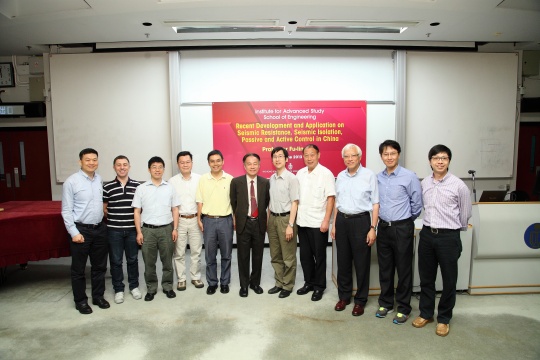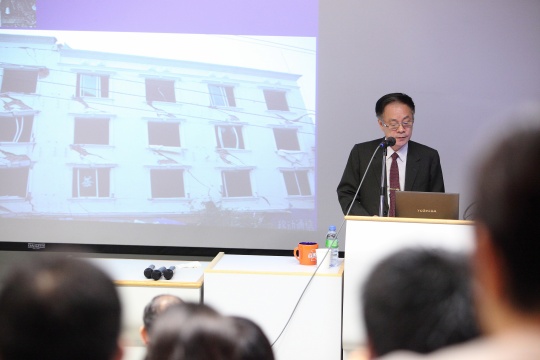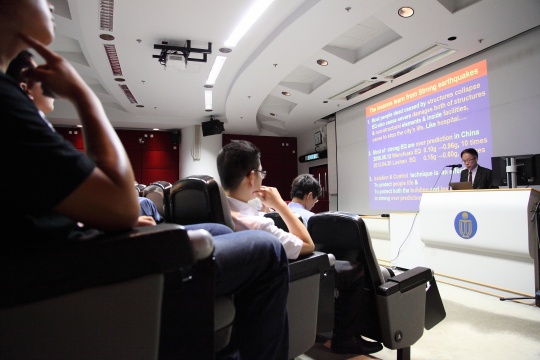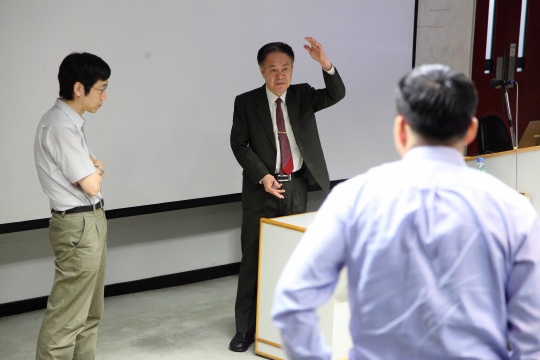Recent Development and Application on Seismic Resistance, Seismic Isolation, Passive and Active Control in China
Abstract
This presentation will introduce the recent research, testing analysis, design and application in the fields of seismic resistance, seismic isolation, passive control (energy dissipation and tuned mass damper) and active control for structures and facilities, which include buildings, bridges, nuclear plants, historical relics and some important industrial facilities in China. It will introduce some typical testing researches including the mechanical tests and shaking table tests. The mechanical tests include different types of bearings, energy dissipaters and control devices while the shaking table tests include structural models with different control systems.
There were about 3500 structures with base isolation systems and about 500 structures with energy dissipation in China in 2012. The presentation will describe the recent application and typical examples, in particular, the largest airport terminal building with isolation with 500,000m2 floor area and the largest bridge with isolation with 26 km length crossing the sea, and the new type of hybrid control with active and passive control for high tower structures. The speaker will talk about the strong Lushan Earthquake with M7.0 on 20 April 2013 in Sichuan Province in China. Results of site investigation of the damage status of structures, including some buildings contributed by Hong Kong and Macao after the strong Wenchuan Earthquake with M8.0 on 12 May 2008, will be described. The development trends on seismic resistance, seismic isolation, passive and active control technique in China and in the world will also be discussed.
About the speaker
Prof. Zhou Fu-lin received his postgraduate degree from the University of British Columbia in 1983. He was the former consultant in Seismic Isolation of United Nations Industrial Development Organization and former Vice President of South China Construction University. He is currently Professor and Director of Earthquake Engineering Research and Test Center of Guangzhou University.
Prof. Zhou has spearheaded a number of researches and design to establish the new anti-seismic systems and analysis theory, including seismic isolation, energy dissipation, passive and active control of structures.
Prof. Zhou has received numerous awards including the National Progress Awards in Science and Technology and the Ministerial and Provincial Progress Awards in Science and Technology. He is a Member of the Chinese Academy of Engineering.






